Are you having difficulty recalling the name of the new client you met at the office? Would you rather describe yourself as forgetful?
There are numerous tips and tricks on the internet to increase the efficiency of the brain. Scientists are continually working on finding out measures to improve the performance of the brain, now that most of the activities a human being does involve complex uses of the mind. The intellectual functioning of the mind has become a daily part of our life which has led us to overwork it from time to time. Multitasking and intellectual stagnation leave behind a brain with reduced potential than usual.
No doubt, we are losing our capacity to accommodate so much information in our brain that we are pushing some of the created memories at the back of our mind, the process which we call forgetting.
Let us understand the process of creating a memory and how we recall those memories when we need to, in the simplest way possible.
Related: What Type Of Memory Do You Have? Take This Image Test To Find Out
How do we create a memory?
We all are surrounded by a plethora of stimuli in the environment we reside in. All our sense organs are functioning to perceive them and send them to the associated parts of the brain to get it interpreted and to put meaning to it.
This information from the environment is passed on from one neuron to the other in the form of chemical messages with the help of chemical substances called neurotransmitters present at the termination of each neuron at the synapses.
Each time new information is passed on in the form of electrical impulses, a new pattern of connectivity is formed in the brain, which is known as a memory. A memory is any form of new experience that the brain has registered after interpretation.
Consolidation of memory
On a particular day, we perceive and draw in several new information from the environment but are all of them significant enough to create an everlasting new connection in the brain? Consolidation of information is a procedure by which the new connection which is created in the brain is strengthened by repeatedly rehearsing and recalling the same.
This information is now stored in the long-term memory, ready to be recalled whenever needed. The consolidation happens when we are sleeping and the brain recreates this pattern of brain activity to strengthen the connection.
The information absorbed by the sense organs which do not get consolidated is forgotten and can never be recalled.
Recall of formed memory
Whenever we want to recall a memory we have formed is easier when it has been consolidated over time and has been passed on to the long-term memory after practicing and rehearsal which is mostly done during sleep.
Memory loss with age happens as a result of the natural process of degeneration of brain cells. But are there ways in which we can hold it back for as long as possible?
Related: The Chinese Body Clock: How It Can Benefit Your Mind and Health
Here are a few scientific ways in which we can boost and improve our memory:
1. Regular de-stressing
On a regular basis, we are constantly exposing ourselves to highly stressful situations. Be it academic stress, workload, unfinished household chores, financial complexity, or stressors coming from other sources like interpersonal relationships and unpredictable situational events.

We need to remember the who’s, what’s, where’s, when’s and how’s. Stress in his highly modernized and over-occupied world is now a part and parcel of everyone’s life. People who fail to retrieve information on a particular situation, say during an exam, an interview is because they are either stressed or are preoccupied with stress in that situation. Hence, it is easily understandable why a student might forget to write an important yet easy line in the exam when one is stressing over it.
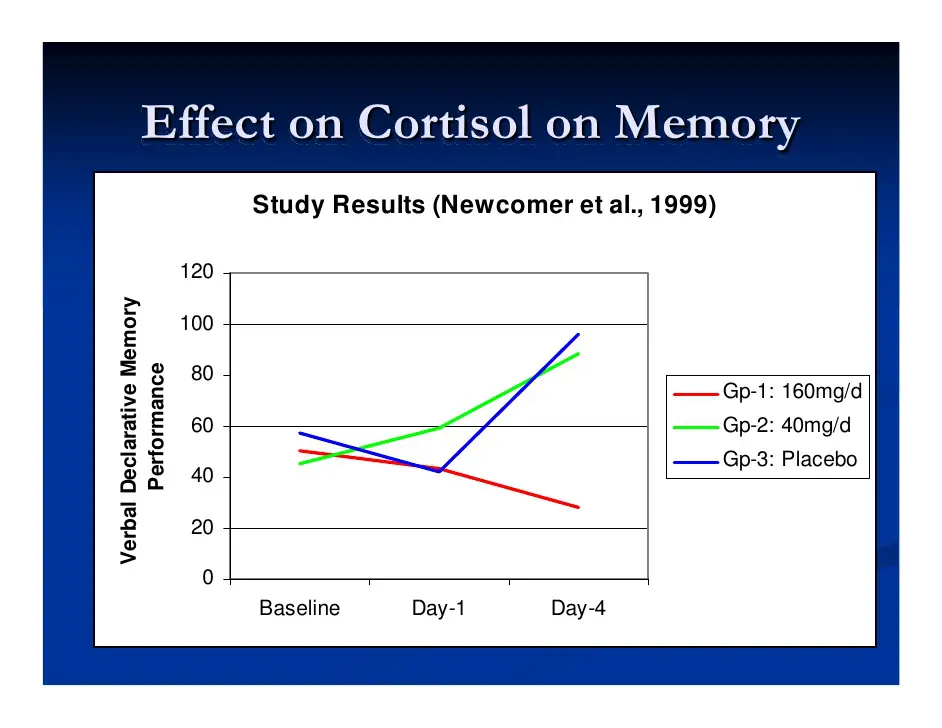
Studies have found that chronic stress over a long period of time is bound to hamper the declarative memory of a person (Mc Gauch and Chill) Cortisol, which is also known as stress hormone inhibits the laying down of memories. Profound and chronic stress was also found to damage the site of memory, the hippocampus.
In another study in 2001 involving children, Lindberg, Jones, McComas, Collard, and Stuart found that people undergoing stress may lose small details within their memories and remember fewer details of events even though they are not stressful.
What can you do?
From the evidence given above, it is clear how stress can damage our memory. If you can successfully destress yourself every day, bit by bit, you are more likely to preserve your memory. Practice methods of physical and mental relaxation. You can doodle, practice sketching and coloring mandalas, or engage in activities that make you feel relaxed and at peace. You can also sit in silence among nature (as nature is known to have restorative implications) and de-stress in solitude after a tiresome day.
Related: Procedural Memory: What It Means And How It Works
2. Chewing gum can make memories strong
Though it is quite a controversial belief scientists found that chewing gum while learning new information can improve the formation of memories.
Amy Krafts reports to Scientific American that in a study that was published in 2013, Volunteers who chewed gum during an exercise focused and remembered number sequences better than non-gum chewers. Even they were more accurate in their tasks.
The reason behind this is not really clear though, but chewing gum while learning new ideas increases activity in the hippocampus region of the brain. Another possible explanation of this phenomenon is that it increases the blood flow in the brain, hence intensifying the process of attentiveness. This is supported by another study which shows that participants who chewed gum during learning and memory tests had a higher heart rate than the control group.
What can you do?
I do not suggest you make a habit of chewing gum while learning as this finding is highly debatable. You might try this method to see if it works for you or not. If it does, you will notice a pattern.
3. Get yourself more sleep each day
This one is not an easy method to boost your memory because you need to introduce a minimum of 8 hours of sleep each day in your daily routine. Sounds almost impossible, right?
Sleep plays a very crucial role in the consolidation of memory. Declarative memory which stores factual information is not only useful to adolescents in academics but also for social functioning.
A study showed that there is an enhanced declarative memory related to periods of sleep (Gais S, Lucas B, Born J., 2006). Another study concludes that sleep enhances memory consolidation, independent of the time it occurs. (Diekelmann et al.).
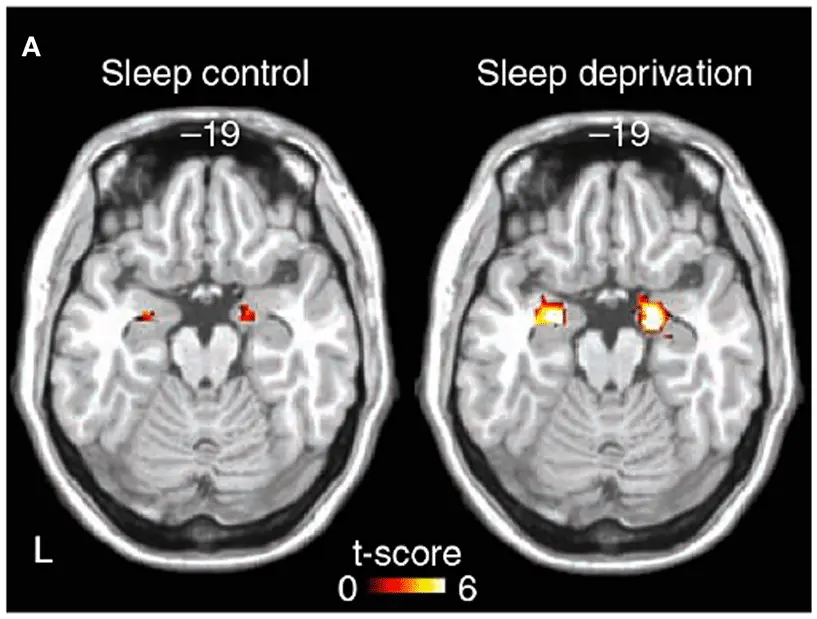
Basically, which part of the day you are having the nap is not important, but having a proper nap regularly will help in making your declarative memory strong. The study further revealed that the improvement in memory after having a nap mimicked the effects of proper 8-hour night sleep. Some people deprive themselves of sleep for days and nights together, overworking their brains beyond capacity. This is detrimental for both the mind and the body.
What you can do?
Power naps are handy tools for our busy cosmopolitan lives. Take a power nap for 15-30 minutes between work, if possible. Make sure you hit the bed 30 minutes before your usual bedtime. If possible get a daily unperturbed sleep for a restorative effect on the mind and the body. As an older adult, you will require to sleep for a minimum of 7 hours to keep your memory working fine.
Related: 16 Weird Mind Tricks Your Brain Plays On You
4. Excercise to enhance memory recall capacity
Various researches on both rats and human beings have shown that regular exercise has a significant effect on memory recall.
In older adults, regular exercise has proven to slow down the decline of memory loss. Regular exercising has innumerable positive impacts on the mind and the body. It has also been found to have a considerable impact on the cognitive ability of a person. Exercises have been known to not only keep you physically healthy but also improve the sharpness of your mind and cognitive abilities.
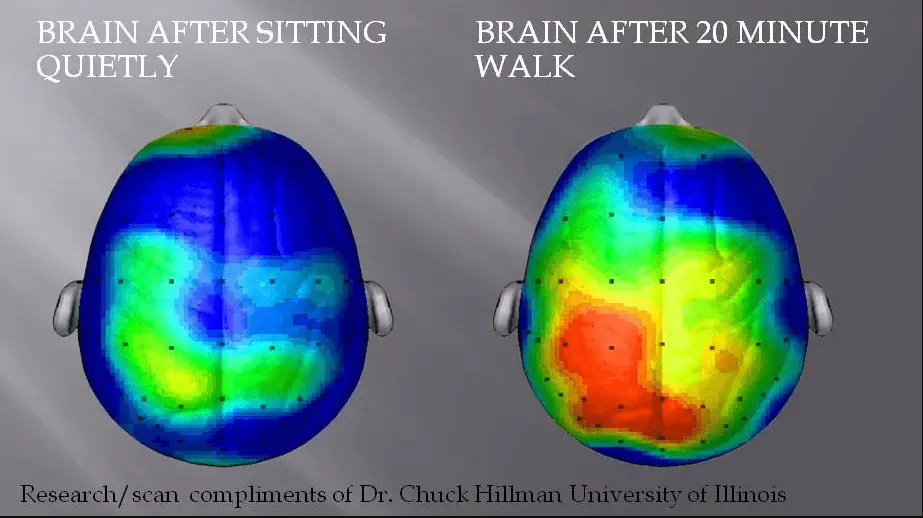
What you can do?
Not only to boost your memory and slow down forgetting, but also to replenish your soul and body. Take a walk instead of using cars, as and when possible. Do most of your physical works by yourself instead of getting done by machines. Take a brisk walk for 30 minutes daily. Exercise as per your needs, during the morning or in the evening.
5. Memory boosting foods
Our brain is an energy-intensive organ, using over 20% of the body’s calories. It requires quite a lot of nutrients to keep it functioning in the proper way. Memory has a lot to do with the overall general health of the brain.
The foods we eat define whether we are providing our brain with the right amount of required proteins or not. Some foods like Omega 3 fatty acid helps to grow and repair brain cells and other food antioxidants help to reduce cellular fatigue and inflammation which is linked to neurodegenerative disorders like Alzheimer’s disease.
Hence, the food you eat also affects your brain functioning and memory.
What you can do?
Introduce the following memory boosting foods in your daily diet:
1. Oily fishes like salmon, mackerel, tuna, sardines, herring, and veg sources of omega 3 are soybeans, nuts, flaxseed, and other seeds. Omega 3 is known to increase blood flow in the brain.
2. Dark chocolate was found to encourage neuron and blood vessel growth in parts of the brain that is involved in memory and learning.

3. Berries like strawberries, blueberries, blackberries, blackcurrants, and mulberries are known to be excellent antioxidants that improve communication between brain cells and also improve plasticity.
4. Sunflower seeds, hazelnuts, and almonds are rich sources of the antioxidant vitamin E, which are known to protect brain cells from oxidative stress caused by free radicals.
5. Whole grains like brown rice, barley, and oatmeal are good sources of Vitamin E.
6. Other foods like eggs, avocado, broccoli, and kale should be a part of your healthy diet too.
7. In 2018, a study found that caffeine increases the brain’s capacity for processing information.
Related: ‘No More Zero Days’: 4 Rules To Improve Life
Eating good food, resting well, and exercising go a long way. Our life is becoming exceptionally fast over the days. But taking care of our health is equally significant. Our health truly makes us rich.
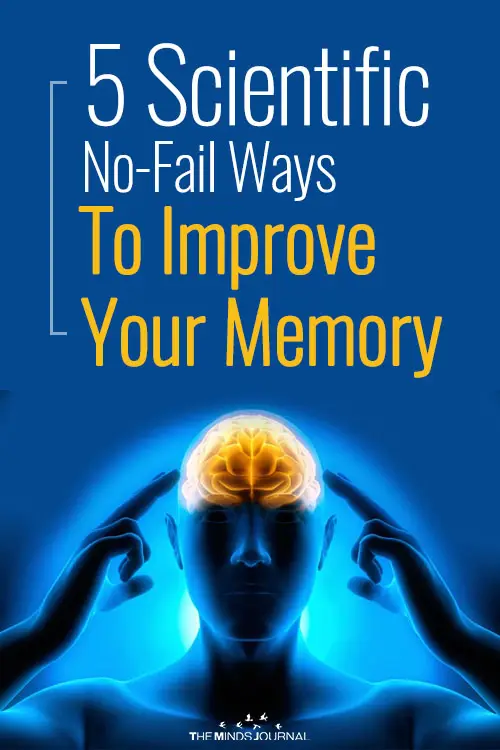
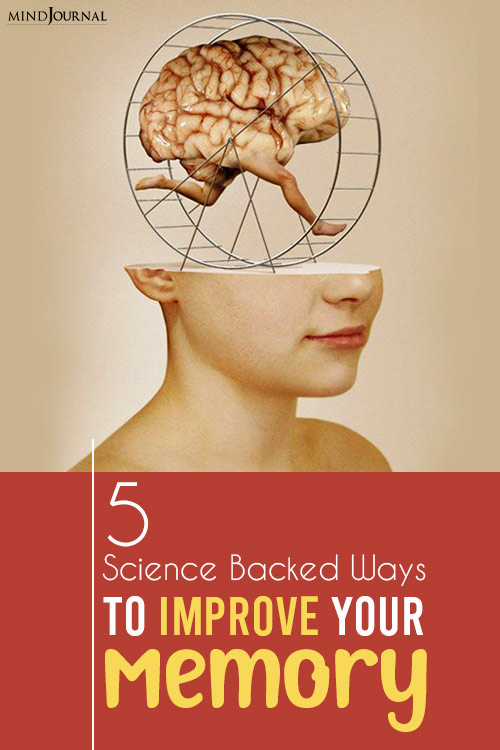
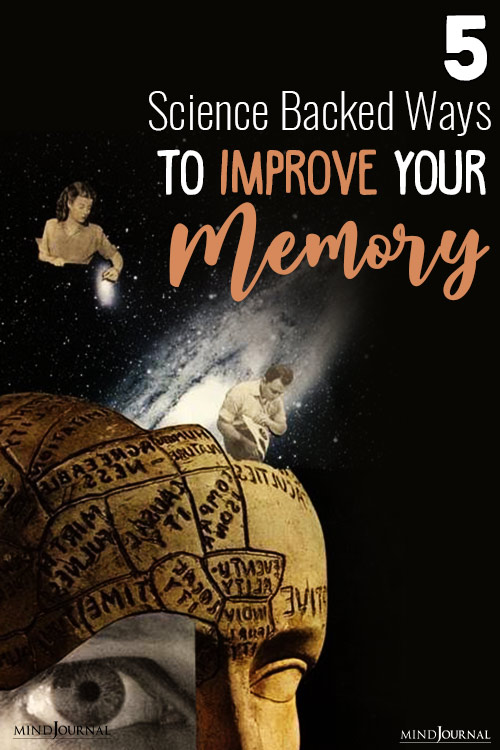
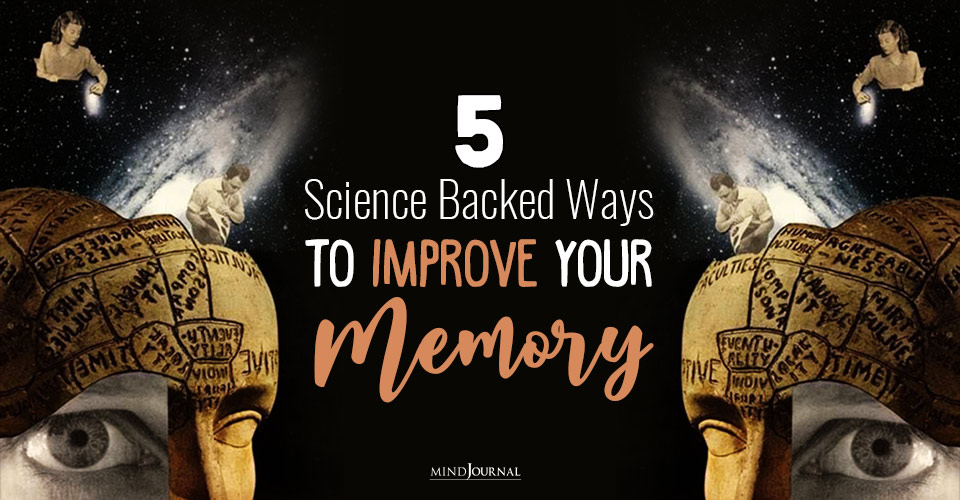


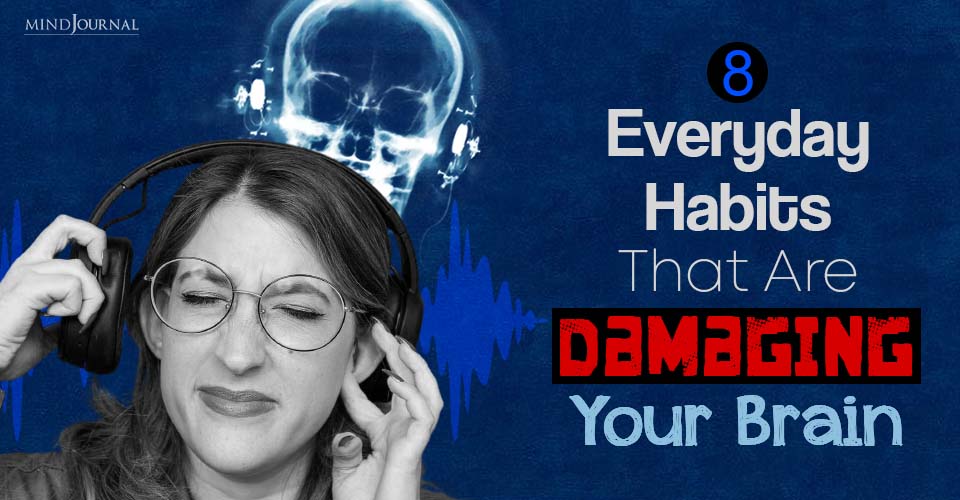




Leave a Reply
You must be logged in to post a comment.